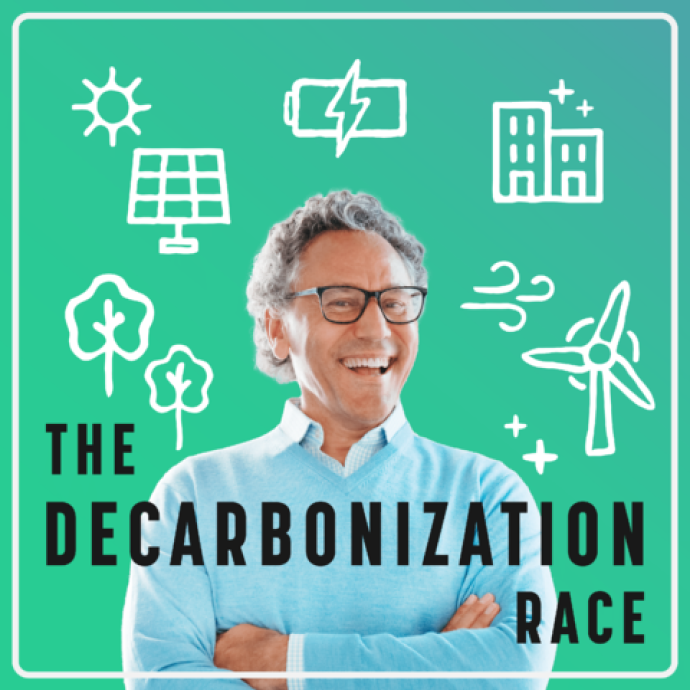For more resources to help you lead the pack in the most important race of our lifetime, subscribe to our newsletter.
Latest Episodes
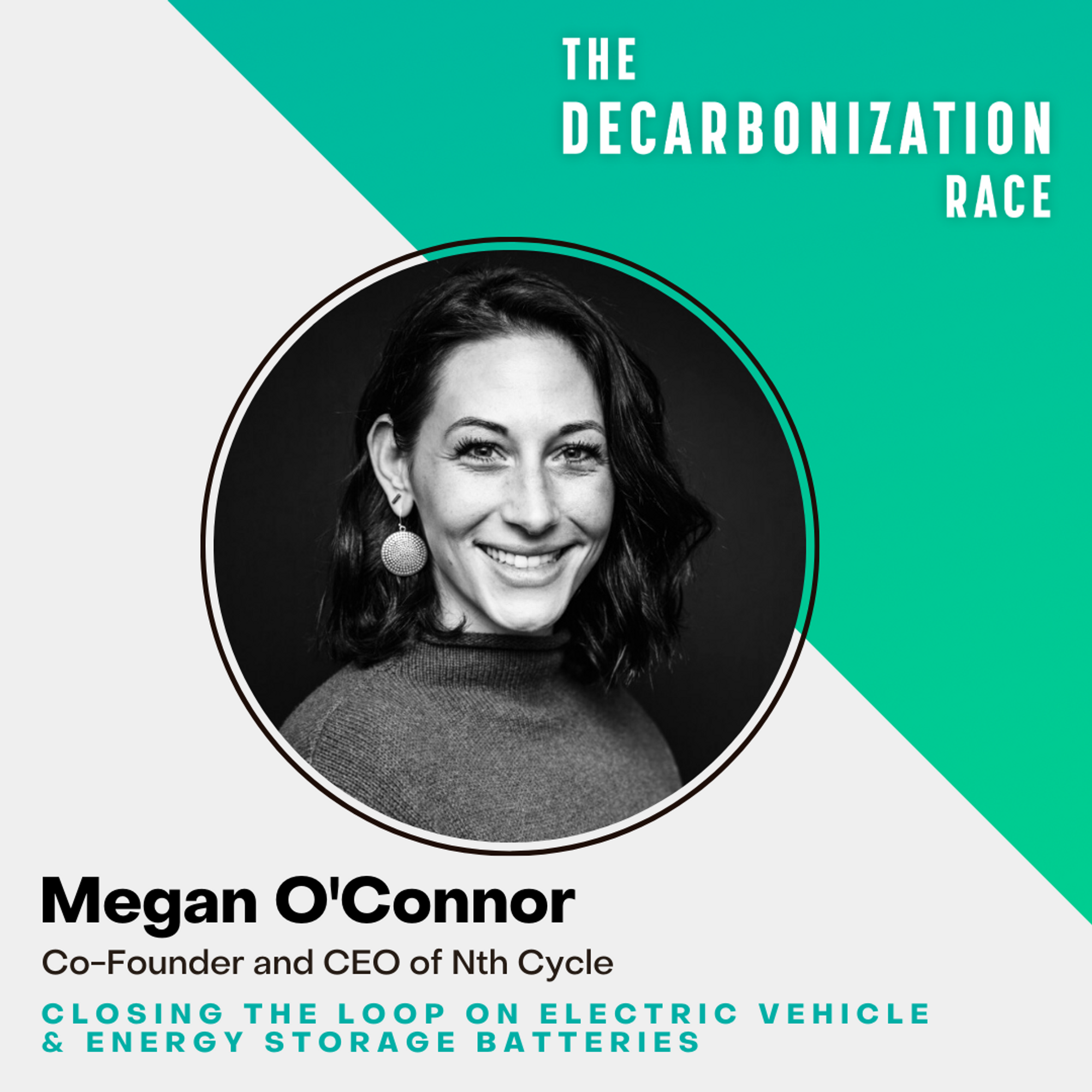
Closing the Loop on Electric Vehicle & Energy Storage Batteries with Nth Cycle’s Megan O’Connor
Electrification is a critical part of decarbonization - but ensuring emissions come down in the process means ensuring the processes that get us there don’t create their own excessive impacts. The global appetite for electric vehicles and battery-based energy storage has grown considerably, and with it, the need for more raw materials to produce them. But as the first generations of electric vehicles and battery storage start to retire and replace batteries, processes for recycling them at end-of-life are still being refined and facilities scaling up. Coming in with a fresh solution is Megan O’Connor, CEO and Co-Founder of Nth Cycle, a metal processing technology company that works with both lithium battery recyclers and miners to increase the supply of critical minerals for the clean energy transition. On this episode, Megan shares with host Lincoln Payton the story of Nth Cycle’s beginnings in a Yale laboratory, how she and her team took the technology to scale, and its potential to make meeting global needs for battery materials more localized and more efficient.
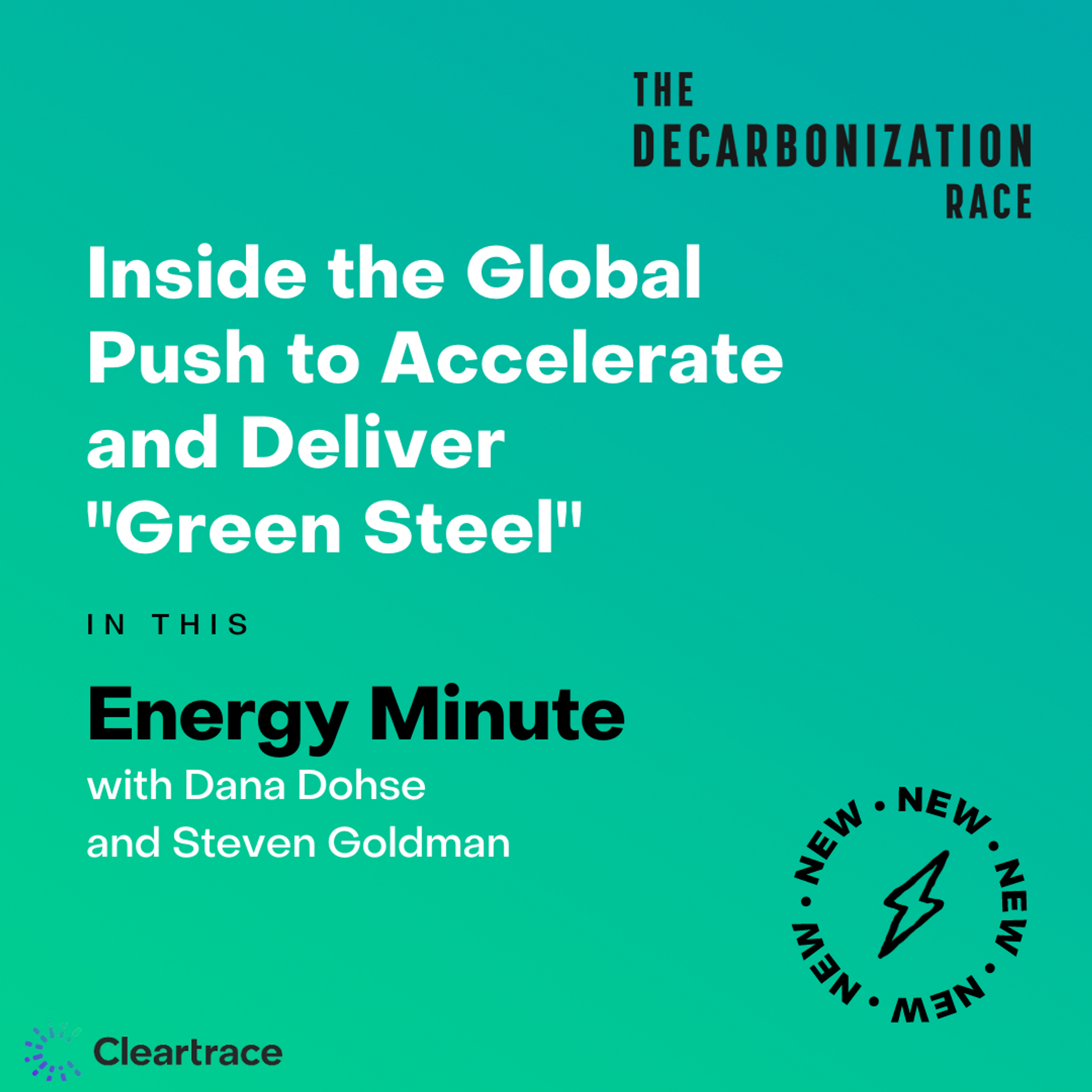
Energy Minute: Inside the Global Push to Accelerate and Deliver “Green Steel”
As more and more industries are pushing to decarbonize their processes - and in the process, help curb emissions for companies’ supply chains - green steel is trending. Automakers, builders and companies in a range of other sectors are under pressure to reduce the embodied carbon in their products. But delivering “green steel” means both changing processes that have been in place for decades, and agreeing on what constitutes zero-carbon or near-zero carbon steel. In this Energy Minute, co-hosts Dana Dohse and Steven Goldman delve into the push for green steel - what’s driving it, where early demand is coming from, what process changes are making significant cuts in steel’s embodied carbon emissions possible, and the big challenges ahead in taking green steel to sufficient scale.
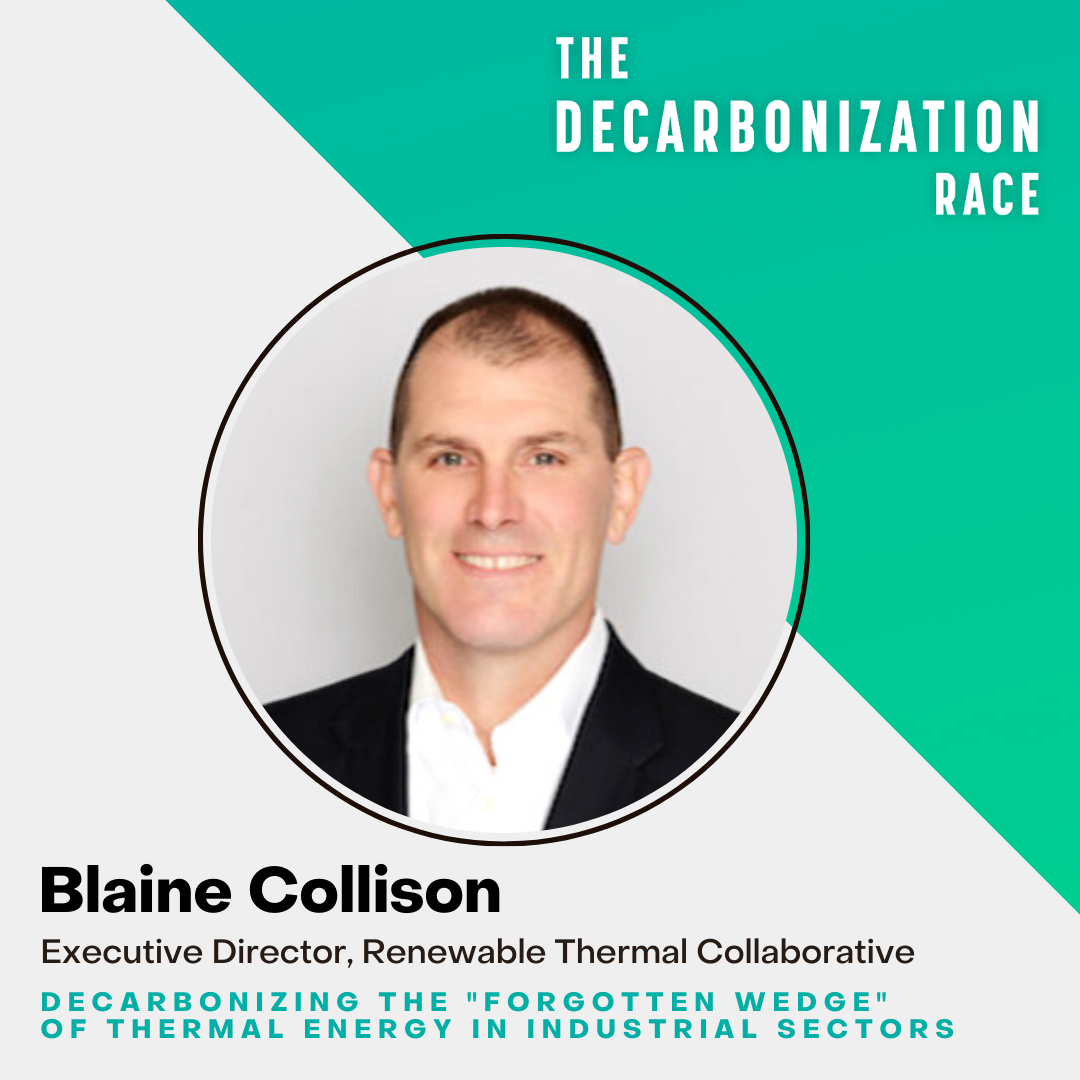
Decarbonizing The “Forgotten Wedge” of Thermal Energy in Industrial Sectors with Blaine Collison
To create the products and grow the food we eat, the industrial sector requires a lot of thermal energy—heating and cooling—which today represents approximately 13% of total U.S. emissions. However, tackling this “forgotten wedge” of the emissions mix to slow climate change requires a range of approaches and policies beyond electrification. Tackling this difficult challenge is Blaine Collison, Executive Director at the Renewable Thermal Collaborative (RTC) and a renewable energy & sustainability professional looking for ways to decarbonize our industrial sectors.
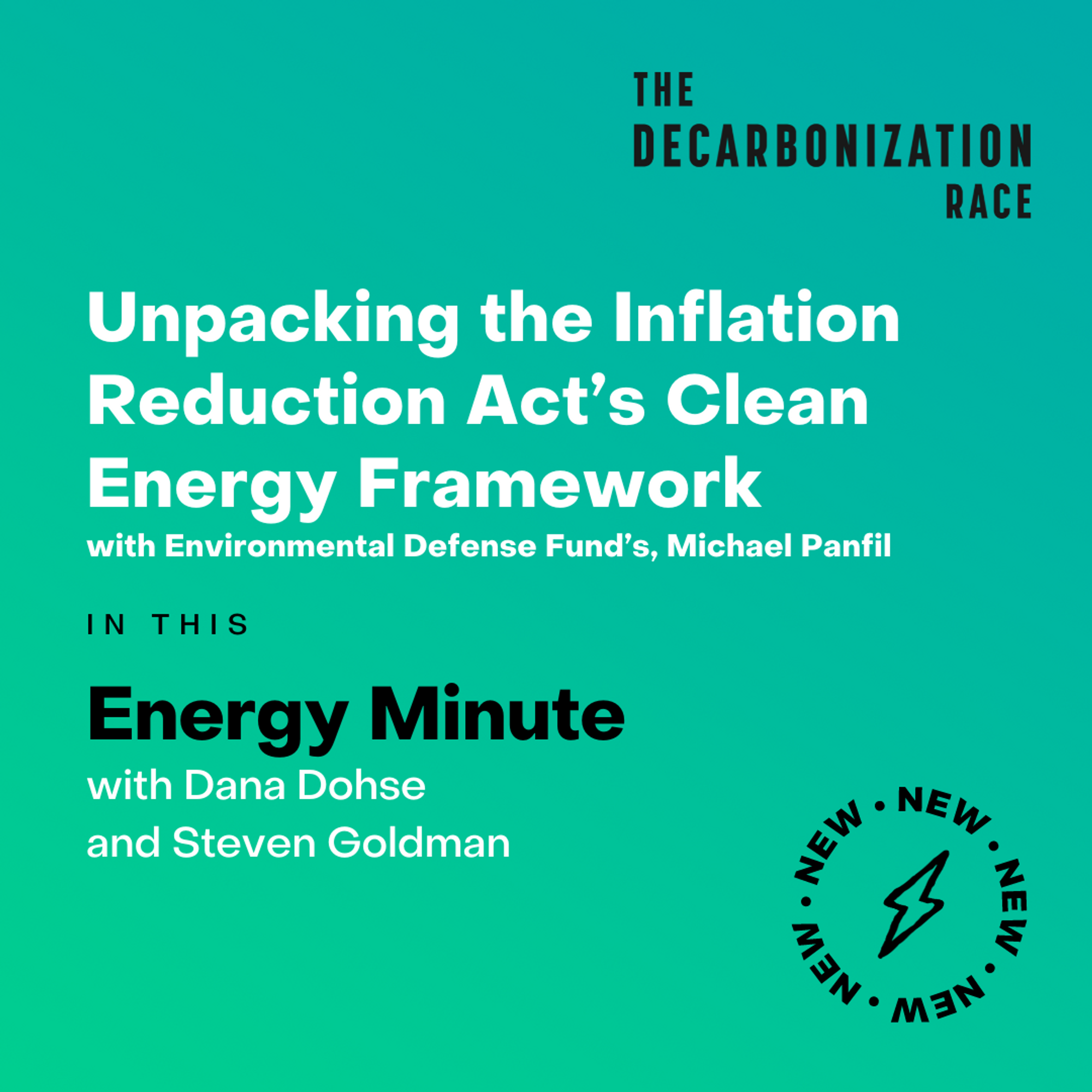
Energy Minute: Unpacking the Inflation Reduction Act’s Clean Energy Framework with Environmental Defense Fund’s Michael Panfil
In this Energy Minute, co-hosts Dana Dohse and Steven Goldman are joined by Michael Panfil, Senior Director & Lead Counsel for Climate Risk & Clean Energy at Environmental Defense Fund, to unpack the clean energy provisions of the Inflation Reduction Act and its potential to accelerate clean energy and transform our energy infrastructure, with huge potential impacts for communities and corporations alike.
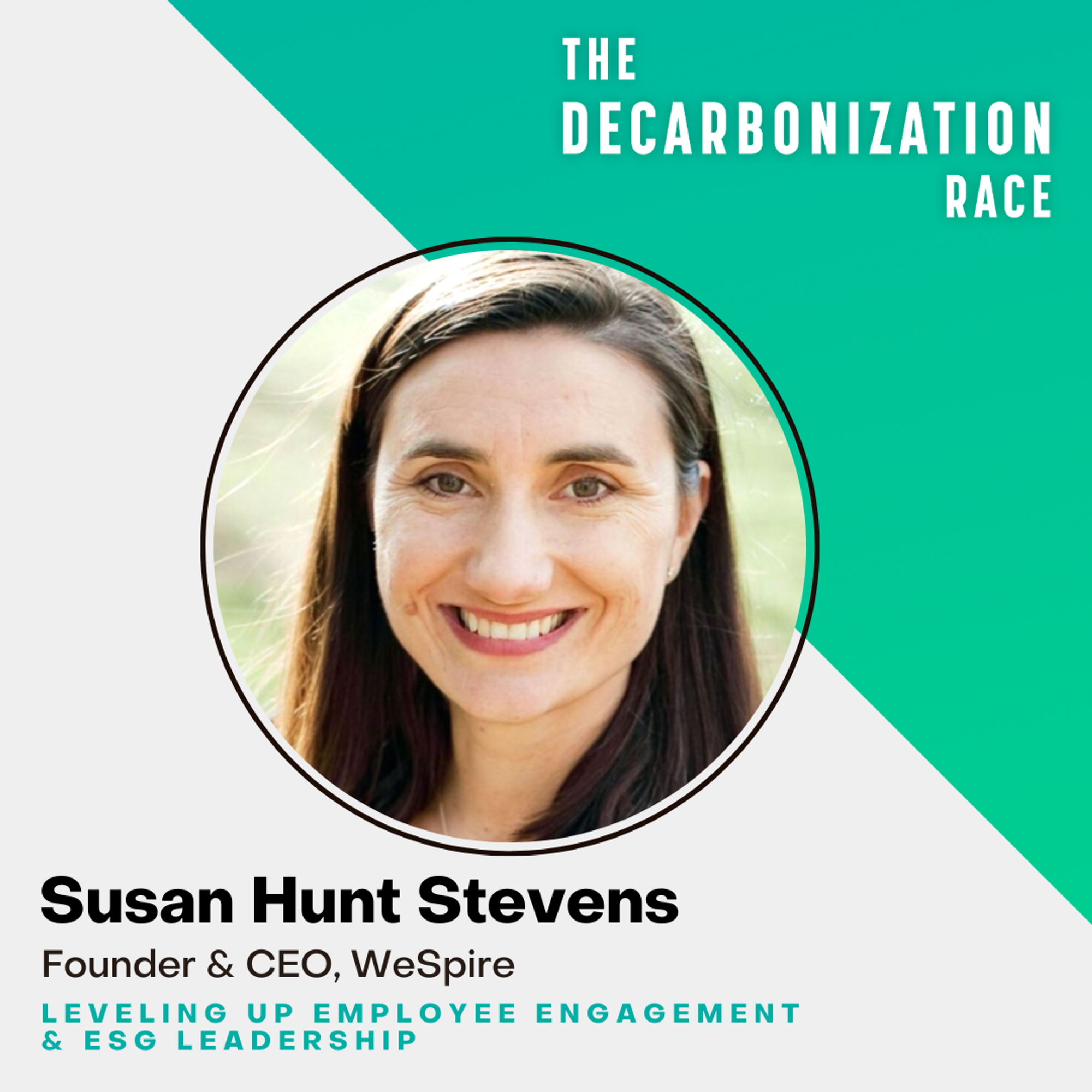
Leveling Up Employee Engagement & ESG Leadership with Susan Hunt Stevens
In this episode, Susan Hunt Stevens, CEO of WeSpire, shares with host Lincoln Payton ways in which businesses can energize employees by actively including them in ESG initiatives, develop ESG maturity models, and inspire workers to find the courage to combat the climate crisis.

Energy Minute: Peninsula Clean Energy’s Ambitious Pursuit of 24/7 Carbon-Free Energy
In this Energy Minute, Dana and Steven jump into how California utility Peninsula Clean Energy decided to reach for a more ambitious strategy - to provide 100% renewable energy matched every hour, the first U.S. energy supplier to do so - and how it plans to continue to advance the strategy further in years to come.







